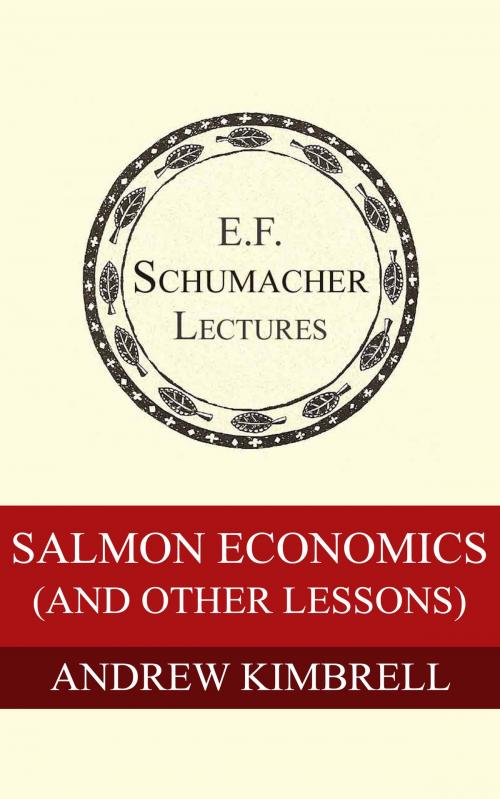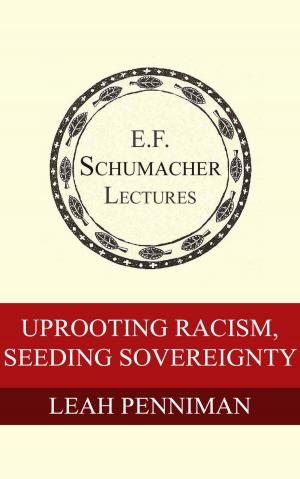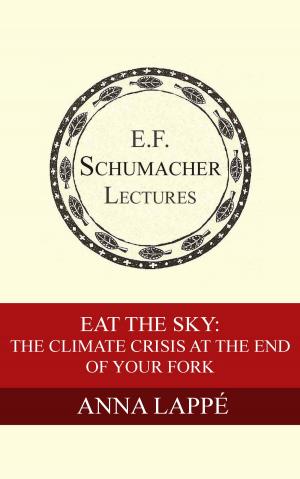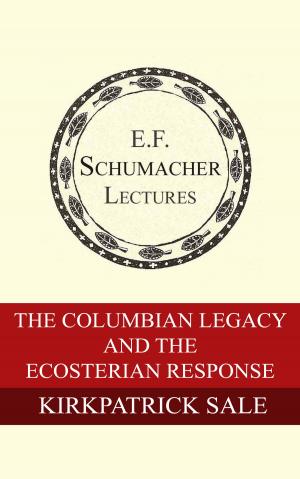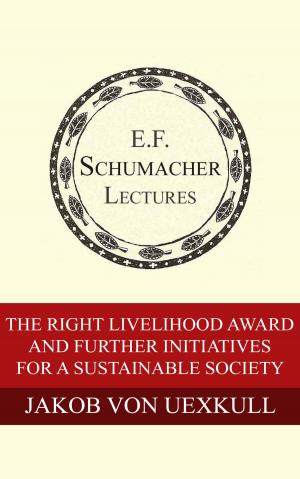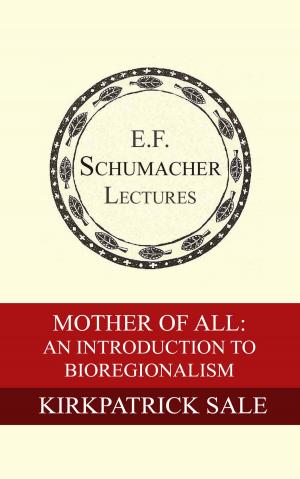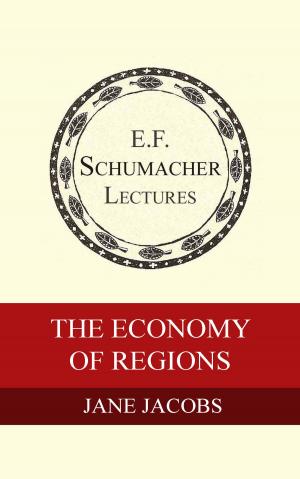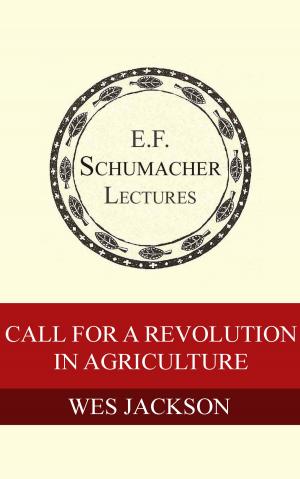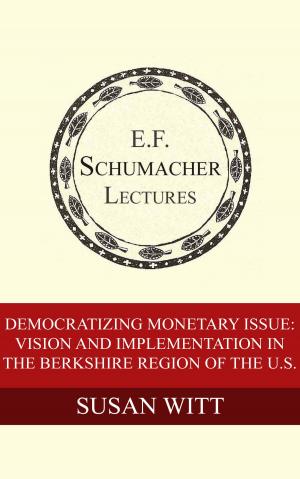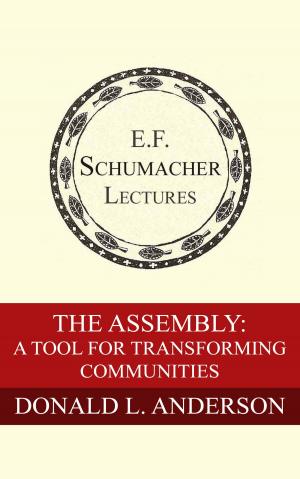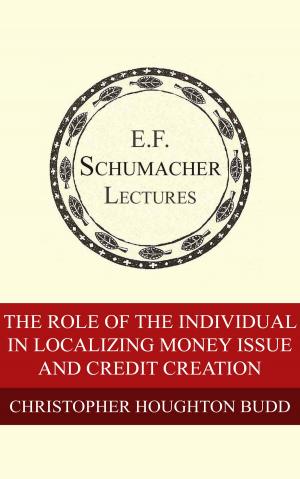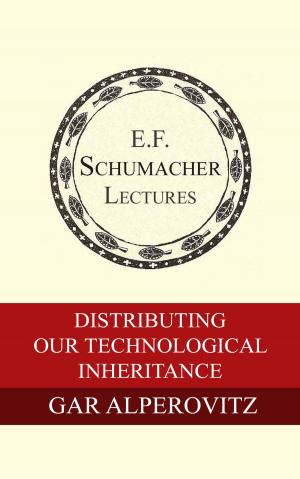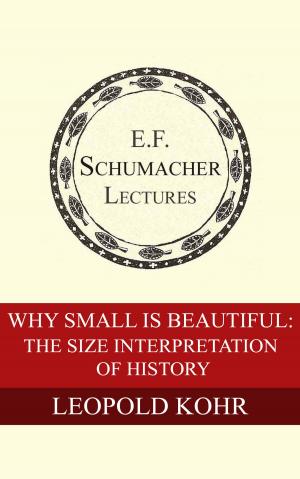Salmon Economics (and other lessons)
Nonfiction, Science & Nature, Nature, Environment, Ecology, Business & Finance, Economics, Economic History| Author: | Andrew Kimbrell, Hildegarde Hannum | ISBN: | 1230000211610 |
| Publisher: | Schumacher Center for a New Economics | Publication: | October 25, 2003 |
| Imprint: | Language: | English |
| Author: | Andrew Kimbrell, Hildegarde Hannum |
| ISBN: | 1230000211610 |
| Publisher: | Schumacher Center for a New Economics |
| Publication: | October 25, 2003 |
| Imprint: | |
| Language: | English |
The collection of lectures and publications from the Schumacher Center for a New Economics represents some of the foremost voices on a new economics.
What if our economics were based on laws of nature rather than fabricated laws of supply and demand? Andrew Kimbrell turns to Alaskan salmon for insight. In their spawning journey he sees examples of redistribution, reciprocity, and gift-giving—all aspects of pre-capitalist human economies—making the case that while most of us have come to see competition as natural, it was until recently a luxury that humans couldn’t afford if they wished to survive. But with the rise of capitalism, humanity collectively traded a life of doing for a life of having, making commodities out of everything, including land and our own labor. Rather than trying to make our economies fit natural systems, we now put enormous resources into reshaping nature to fit our economies. Salmon, subject to enclosed farming and genetic modification, are primary victims. Rather than despairing, Kimbrell sees the tenacity with which salmon fight their way up river as a sign that we can and must align human and natural economies.
The collection of lectures and publications from the Schumacher Center for a New Economics represents some of the foremost voices on a new economics.
What if our economics were based on laws of nature rather than fabricated laws of supply and demand? Andrew Kimbrell turns to Alaskan salmon for insight. In their spawning journey he sees examples of redistribution, reciprocity, and gift-giving—all aspects of pre-capitalist human economies—making the case that while most of us have come to see competition as natural, it was until recently a luxury that humans couldn’t afford if they wished to survive. But with the rise of capitalism, humanity collectively traded a life of doing for a life of having, making commodities out of everything, including land and our own labor. Rather than trying to make our economies fit natural systems, we now put enormous resources into reshaping nature to fit our economies. Salmon, subject to enclosed farming and genetic modification, are primary victims. Rather than despairing, Kimbrell sees the tenacity with which salmon fight their way up river as a sign that we can and must align human and natural economies.
